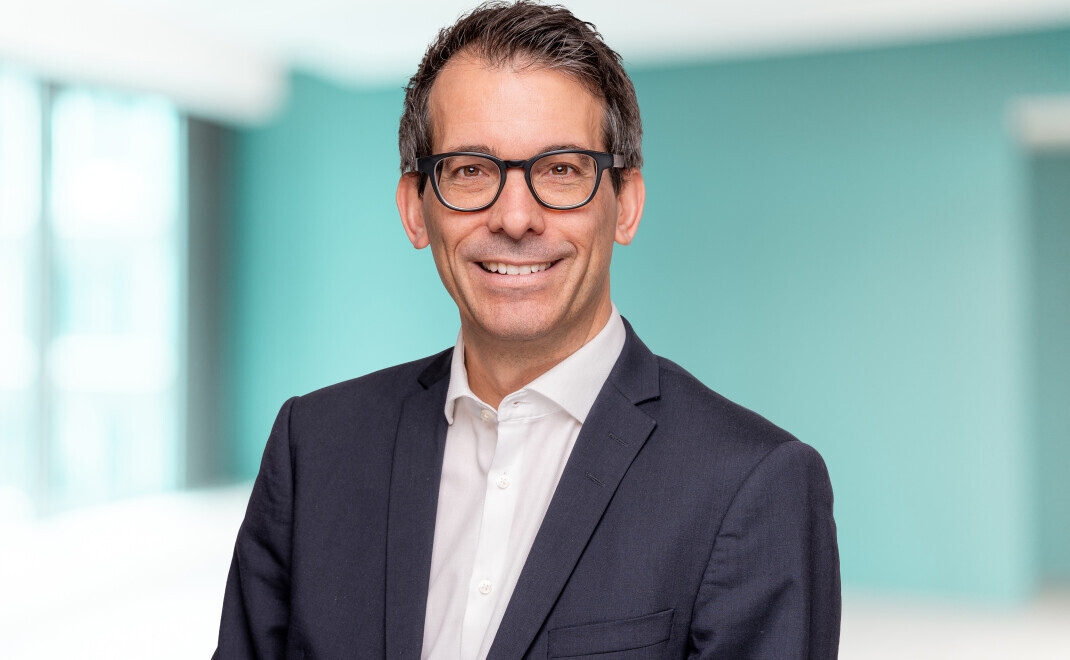United Nations | Summit against "unscrupulous" imbalance
UN Secretary-General António Guterres, speaking at the opening of the World Summit on Economic and Social Rights , criticized the current inequality as "unscrupulous": Nearly 700 million people worldwide live in extreme poverty, while the richest one percent own almost half of the world's wealth. Four billion people lack social protection. Guterres called for action to combat this imbalance.
The UN World Summit on Social Development is taking place this Tuesday through Thursday in Doha, the capital of Qatar. The nearly 14,000 participants from politics, business, and aid organizations are discussing measures to reduce poverty. German Federal Minister of Labor Bärbel Bas (SPD) is representing the German government. Former German Foreign Minister and current President of the UN General Assembly, Annalena Baerbock, is also attending.
Commentary on the topic: The height of irony – Sarah Yolanda Koss on the sense and nonsense of social conferences on global inequality
At the summit, participants intend to adopt a joint declaration. They are also expected to give new impetus to the 2030 Agenda. In 2015, the United Nations adopted this global action plan with 17 Sustainable Development Goals (SDGs), which encompass social, economic, and environmental dimensions. However, the UN has already admitted that many of the goals are unlikely to be achieved by the end of the decade. The countries had originally aimed to eradicate hunger globally by then.
Civil society criticizes final statement in advanceUnlike the first World Summit on Social Development, non-state actors were not allowed to participate in the deliberations on the summit declaration. Most UN member states gave their general approval to the draft beforehand. According to Jens Martens, managing director of the think tank Global Policy Forum Europe (GPF Europe), this could be because "the wording is very general" and "largely avoids concrete commitments." Given the geopolitical tensions, he considers it unlikely that a document with significantly more action plans will be produced.
Civil society organizations had already put forward more comprehensive demands before the negotiations: "Among other things, global tax evasion and avoidance must be combated, an effective minimum tax for corporations must be introduced, and global debt policy must be reformed," says Sonja Grigat, spokesperson for the Federation of Humanitarian Non-Governmental Organizations (VENRO). According to Grigat, if the global economic and financial system is not reformed, national governments will be unable to guarantee social rights.
Anne Schrader, political advisor for the Christoffel Blind Mission, considers it particularly critical "that groups facing multiple forms of discrimination are not even taken into account. This includes, for example, women with disabilities who experience discrimination based on their disability and their gender. For inclusion to succeed, it must be considered holistically and intersectionally." After all, the summit is also about promoting social cohesion.
The Copenhagen Declaration was created at a summit 30 years agoThe World Summit for Social Development in Doha is only the second. The first, which Fidel Castro attended, took place in 1995. At that time, the participants adopted the Copenhagen Declaration, "to recognize the importance of social development and the well-being of all people and to give these goals the highest priority now and into the 21st century." The declaration contained ten commitments—still relevant today—in which countries pledged to eradicate poverty, achieve full employment, and promote social inclusion.
But the summit took place at a time when neoliberal structural adjustments were sweeping through many countries of the Global South. These policies had devastating consequences, such as rising unemployment, which directly contradicted the summit's objectives. And although the summit was welfare-state in nature, neoliberal concepts from the World Bank and the International Monetary Fund were at work there. The problem remains relevant. For the second summit, the situation is further complicated by the fact that many Western countries are significantly cutting aid.
According to Martens (GPF Europe), the crucial question is "whether the second World Summit on Social Issues succeeds in permanently anchoring the 'social question' higher on the international agenda." This requires a follow-up process to the summit and a review in five years. He also sees civil society forces as relevant. For example, after the first World Summit on Social Issues, civil society organizations were founded in many countries, forming the global network Social Watch. Together, they monitored whether their governments were complying with the Copenhagen commitments. Martens believes: "If the second World Summit on Social Issues had a similarly mobilizing effect, it would indeed be a milestone in the struggle for global social rights. "
The "nd.Genossenschaft" belongs to its readers and authors. It is they who, through their contributions, make our journalism accessible to everyone: We are not backed by a media conglomerate, a major advertiser, or a billionaire.
Thanks to the support of our community, we can:
→ Report independently and critically → Shine a light on topics that otherwise remain in the shadows → Give a voice to those who are often silenced → Counter disinformation with facts
→ Strengthen and deepen left-wing perspectives
nd-aktuell


